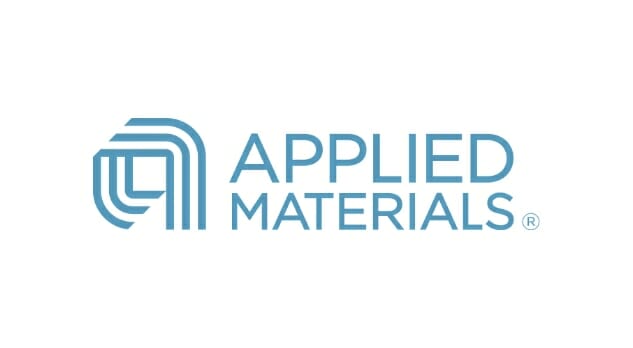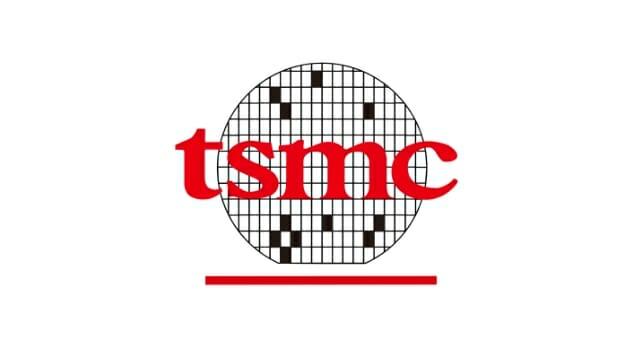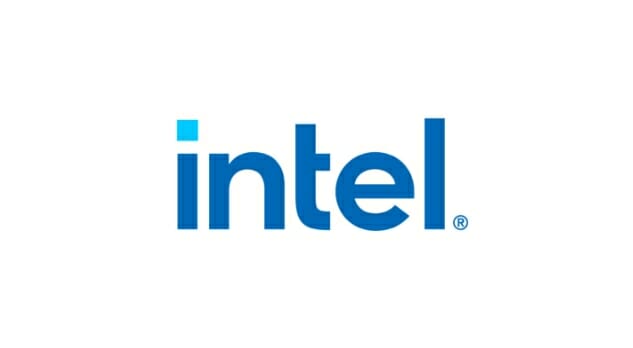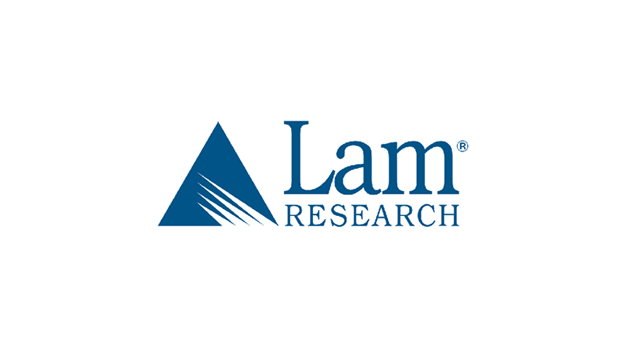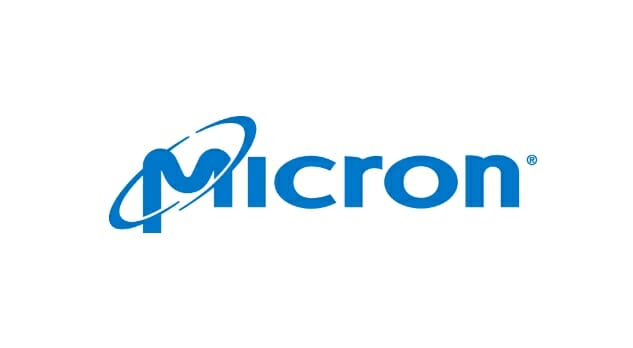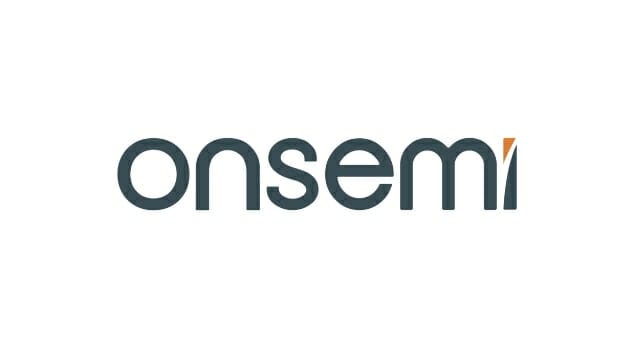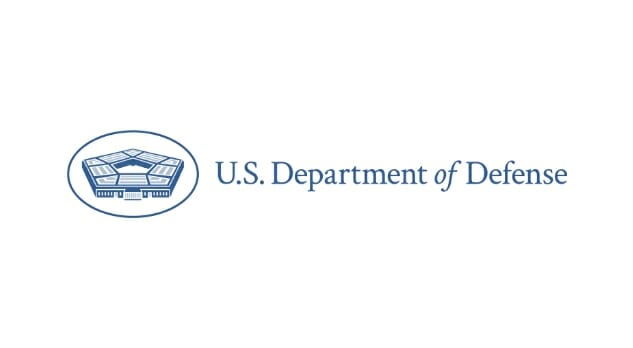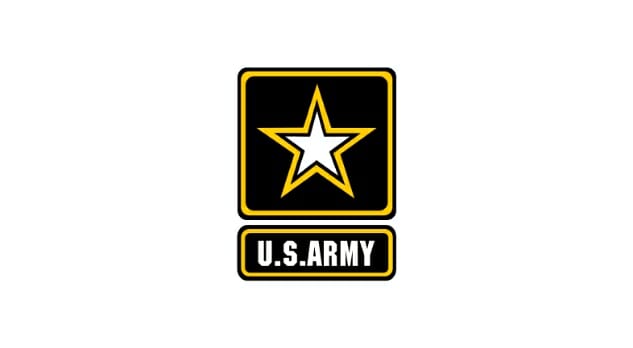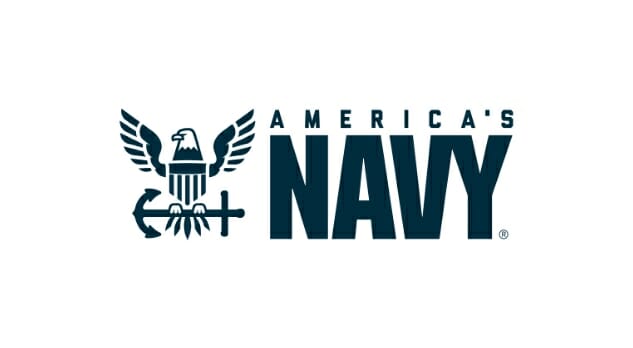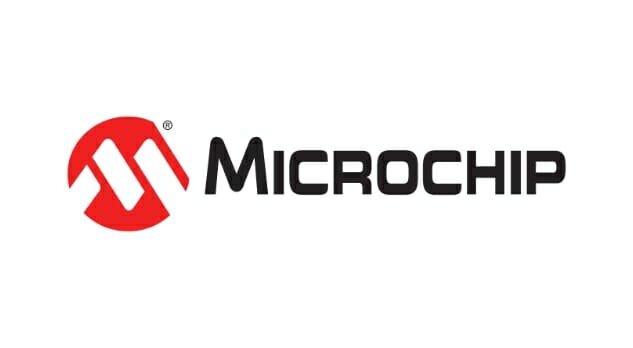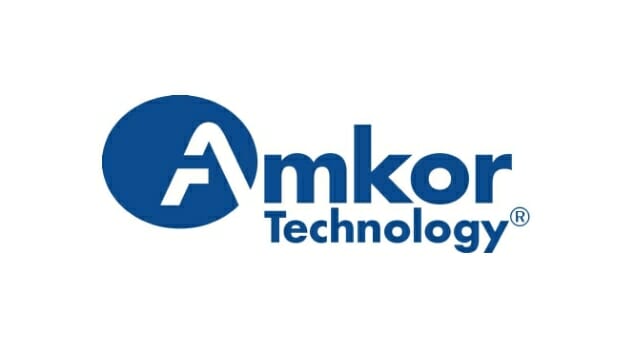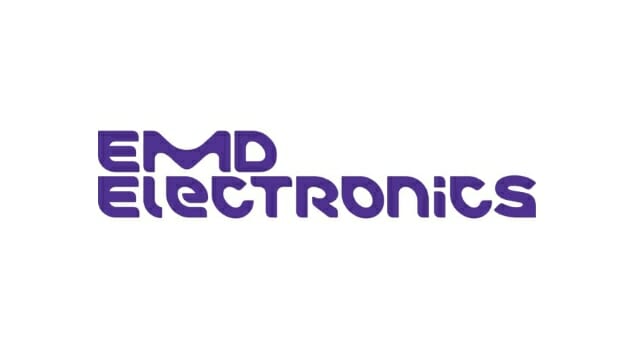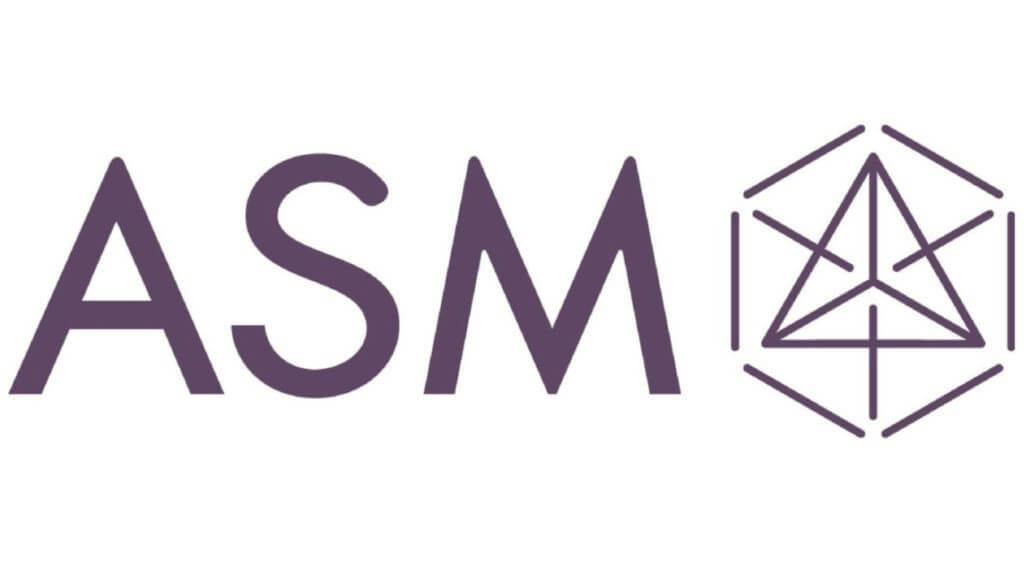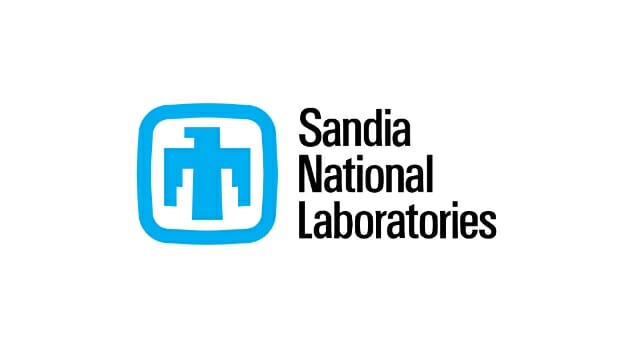
Microelectronics at ASU
Powering the revival of American microelectronics
Arizona State University has emerged as the nation’s leading university in shaping the future of American microelectronics. In collaboration with a large network of industry and government partners, we are rebuilding America’s global microelectronics leadership to strengthen national security, fuel economic growth and ensure the United States remains globally competitive.
As the recipient of three of the largest investments under the CHIPS and Science Act, ASU carries out work across the entire microelectronics ecosystem — from front-end innovation to advanced packaging and large-scale manufacturing. By aligning with federal priorities and partnering with industry, ASU has positioned Arizona as the heart of a renewed and resilient U.S. microelectronics industry, driving cutting-edge research, domestic manufacturing and workforce development—all within the state.
Create a customized partnership
A new national lab advancing America’s semiconductor leadership
Arizona State University has selected by the U.S. Department of Commerce to host the largest of three flagship facilities funded by the CHIPS and Science Act to advance development of domestic microelectronics supply chains. Known as the NSTC Prototyping and NAPMP Advanced Packaging Piloting Facility, this new national lab represents billions of dollars in federal investment— and fruition of years of ASU’s continuous efforts to advance American microelectronics innovation by positioning our resources to meet the nation’s needs.
The new national lab will host the world’s first 300mm front-end semiconductor manufacturing and advanced packaging research facility and will play a pivotal role in rebuilding America’s microelectronics ecosystem and ensuring the nation’s technological leadership. It positions Arizona as the nation’s hub for U.S. microelectronics innovation and manufacturing, where it will create hundreds of new jobs and billions of dollars of investment.
Located at ASU’s Research Park in Tempe, national lab will combine cutting-edge research and prototyping for semiconductor manufacturing and advanced packaging. Leveraging ASU’s unparalleled resources, including the MacroTechnology Works facility and strong industry partnerships, it will be amplified by Arizona’s robust and growing microelectronics landscape, including leading front-end semiconductor manufacturing and advanced packaging companies, and a vibrant university research environment. partnership with ASU will jumpstart R&D in these areas and leverage the substantial programs underway at the university.
ASU President Michael Crow on supporting federal investments in microelectronics
ASU’s work in microelectronics expressly supports the bipartisan CHIPS and Science Act and the success of CHIPS-related initiatives, like the National Semiconductor Technology Center (NSTC). Leveraging Arizona’s strong foundation in microelectronics, ASU is positioning its research, infrastructure and education and training assets—along with national and local academic, corporate and nonprofit networks—to help the NSTC achieve its full potential for impact.
Read ASU President Michael M. Crow’s statement on the NSTC strategy, along with the NSTC Vision and Strategy document issued by the National Institute of Standards and Technology.
Research to advance innovation and growth
ASU experts partner with industry to lead transformative microelectronics research
World-class infrastructure
ASU facilities and equipment enable cutting-edge R&D and high-impact collaborations
Developing the microelectronics workforce
ASU is building a new talent pipeline through scalable training and education
Learn about ASU’s semiconductor workforce development assets
Developing today and tomorrow’s semiconductor talent pipeline
The microelectronics industry offers good jobs for people at all levels of educational attainment and demographic backgrounds. ASU has developed an innovative approach to workforce development to meet the immediate demands and long-term needs for microelectronics talent. ASU offers traditional degree programs and rapid, low-cost options for upskilling and re-skilling of the existing semiconductor workforce, as well as workers from outside the industry. Highlights of ASU’s approach includes:
Multiple majors and specializations for in microelectronics, including from ASU’s new School of Manufacturing Systems and Networks
Semiconductor Processing Certificate for upskilling of current workers
On-demand, flexible courses covering major microelectronics-related skills for learners at all levels
Professional programs for engineers and technicians to address production needs
ASU is continuously soliciting feedback from enterprises to enhance these programs and add to ASU’s catalog of microelectronics coursework.
SHIELD USA: building an innovative and robust domestic advanced packaging ecosystem
SHIELD USA (Substrate-based Heterogeneous Integration Enabling Leadership Demonstration for the USA), a collaboration between ASU and Deca Technologies, aims to help regain U.S. leadership and strengthen national security by developing a robust domestic microelectronics packaging ecosystem.
Funded with up to $100 million from the National Institute of Standards and Technology as part of the CHIPS R&D program, administered by the U.S. Department of Commerce, SHIELD USA drives development of leap ahead technologies through industry research, testing, and qualification of new materials, processes, equipment and designs. SHIELD USA:
- Accelerates R&D and commercial deployment through technology transfer and licensing to enhance U.S. manufacturing capabilities.
- Strengthens domestic supply chains to enhance national security and economic resilience by developing and scaling proven processes, materials, and equipment
- Expands microelectronics workforce and research capacity by upskilling and reskilling workers through ASU’s educational resources and training programs
- Supports U.S. leadership in semiconductor packaging by building a sustainable, domestic advanced packaging infrastructure to support viable supply chains that meet global demand

When making the decision to expand in the U.S., one of the considerations was access to world-class engineering talent to help us operate the most sophisticated semiconductor manufacturing technology in the world. We also know that ASU is uniquely equipped to help shape the next-generation of talent prepared to unleash new innovations fueled by semiconductor technology.
Rose Castanares President of TSMC Arizona
ASU’s Ira A. Fulton Schools of Engineering: catalyzing semiconductor innovation and education
30,000 students
the largest engineering program in the U.S.
7,000+ students
studying microelectronics-related fields
5,100+ graduates
in 2020-2021
150+ faculty
engaged in microelectronics research and teaching
70+
degree programs
7
unique engineering schools
Transforming Arizona into America’s microelectronics hub
Arizona is now the center of America’s microelectronics revolution, and ASU’s efforts have played a key role in this transformation. The newly announced national lab hosted by ASU, the NSTC Prototyping and NAPMP Advanced Packaging Piloting Facility, cements Arizona as the cornerstone of America’s microelectronics future—building on the foundation ASU established by leading other public-private partnerships including the Southwest Advanced Prototyping (SWAP) Hub, the SHIELD USA initiative with Deca Technologies, and ASU’s $200 million partnership with Applied Materials.
Arizona’s predominance in microelectronics reflects decades of ASU engagement with federal and state leaders and microelectronics industry giants to develop the infrastructure, regulatory environment, and talent to meet the needs of a rapidly growing microelectronics industry. As a result, Intel and the Taiwan Semiconductor Manufacturing Corporation (TSMC) have invested a combined $108 billion alone in three new advanced manufacturing facilities in Arizona, and numerous other firms are making significant investments as well. These firms and more than 2,800 Arizona-based advanced manufacturers have created 138,000 high-paying jobs, driving downstream growth of businesses and jobs across other industries.

